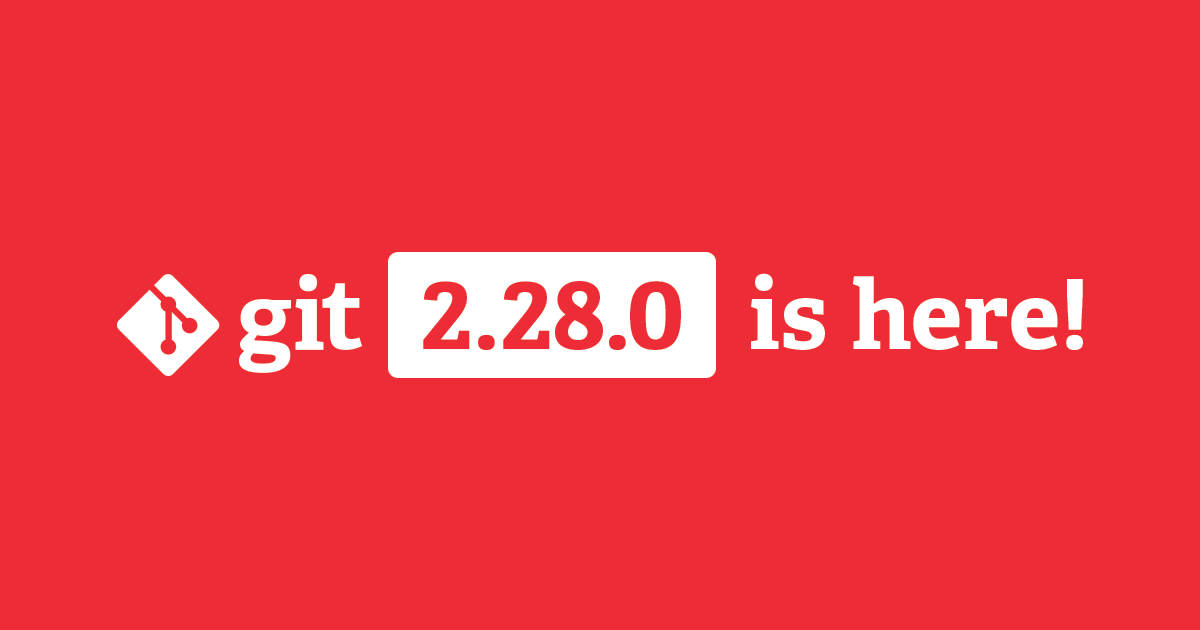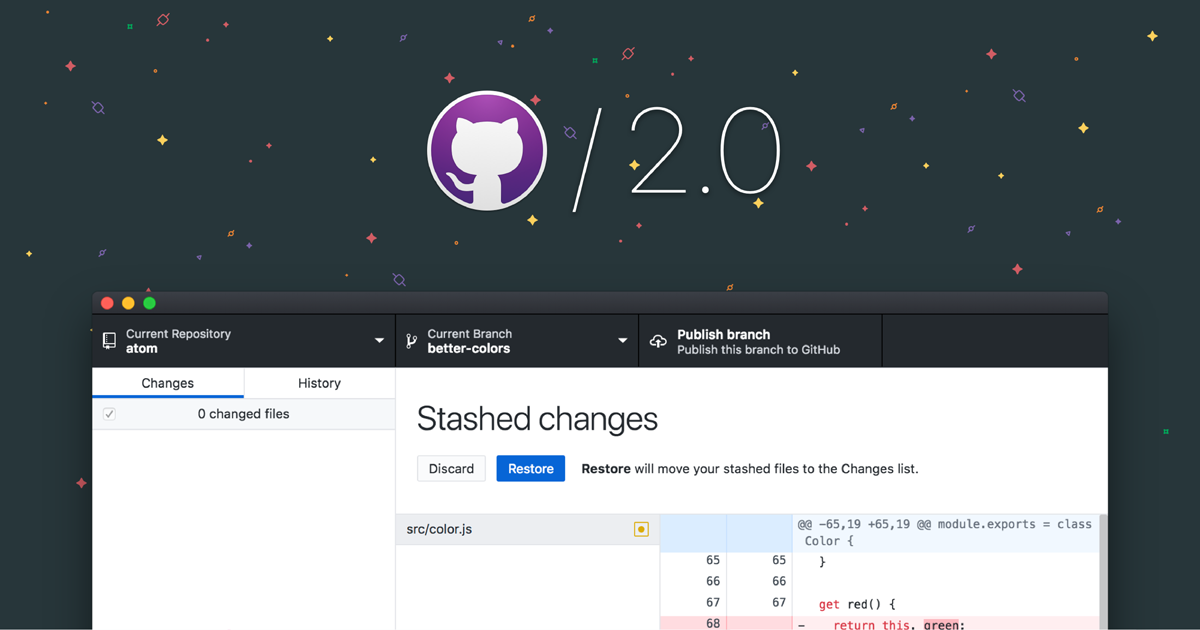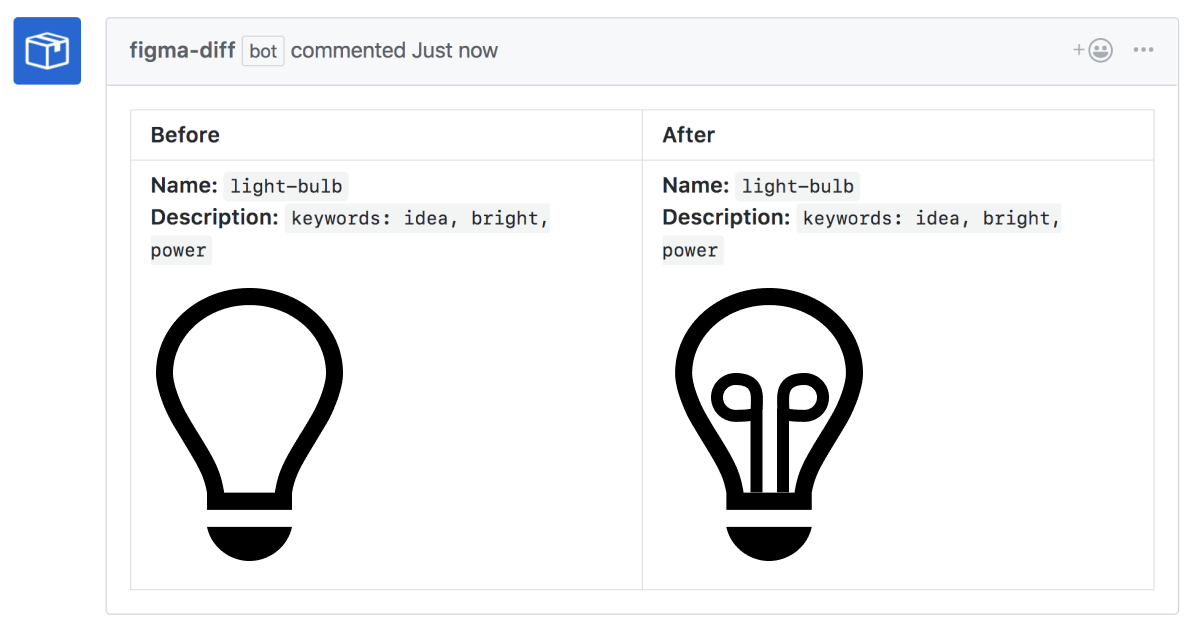The news is true. Microsoft is acquiring GitHub and is expecting the agreement to close by the end of the year.
Chris Wanstrath writes on the GitHub blog:
When GitHub first launched ten years ago, I could have never imagined this headline.
Their focus is on the long tail and the developer.
What hasn’t changed, however, is our focus on the developer. From the beginning, we have been obsessed with building a product for the people using it. We want to make developers more productive and we want more people to become developers. So as we look to the next decade of software development and beyond, we know it’s all about the developer.
The relationship that has formed between GitHub and Microsoft is years in the making.
…as we’ve gotten to know the team at Microsoft over the past few years through collaborating on projects from Git LFS to Electron, we’ve learned that they agree. Their work on open source has inspired us, the success of the Minecraft and LinkedIn acquisitions has shown us they are serious about growing new businesses well, and the growth of Azure has proven they are an innovative development platform.
Better together.
…most importantly, we both believe we can do greater things together than alone
As part of this change, Nat Friedman will be taking on the role of GitHub’s CEO. We have been searching for a new CEO for some time and found in both Microsoft and Nat a partner we believe will strengthen and grow the GitHub community and company over the next few years.
We have been in the trenches for years covering the dramatic shift of Microsoft.
Here’s a fairly comprehensive list of our coverage shared in an issue on a trending repo on GitHub. If for some reason that issue gets deleted I have archived the list here.



